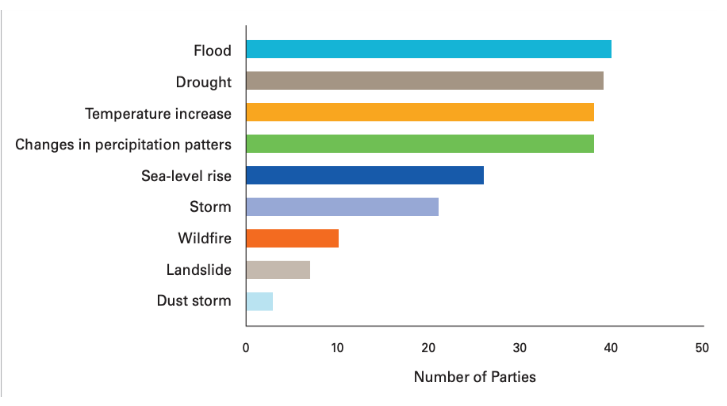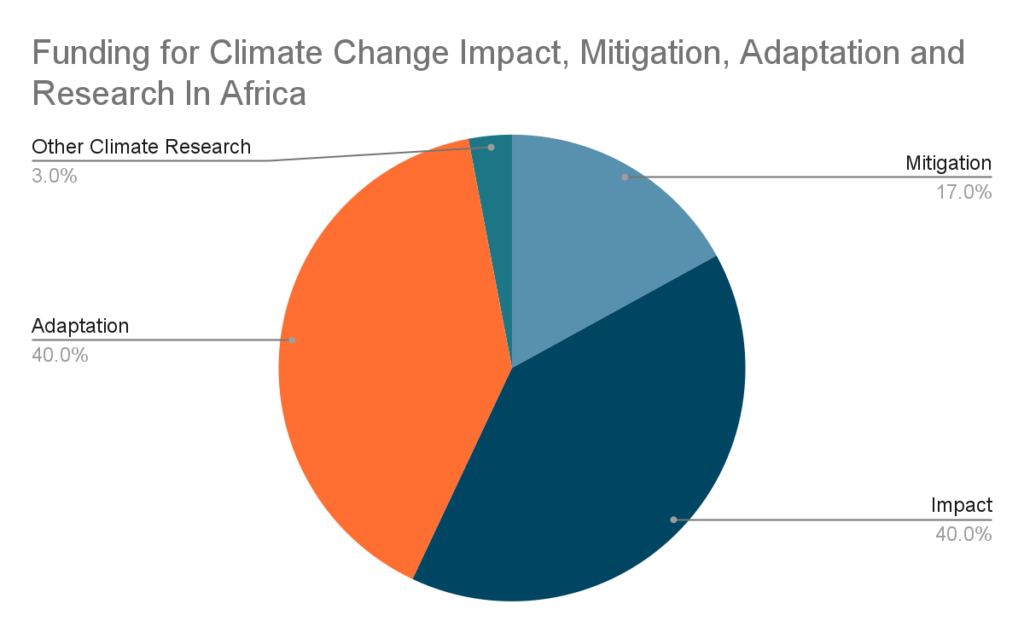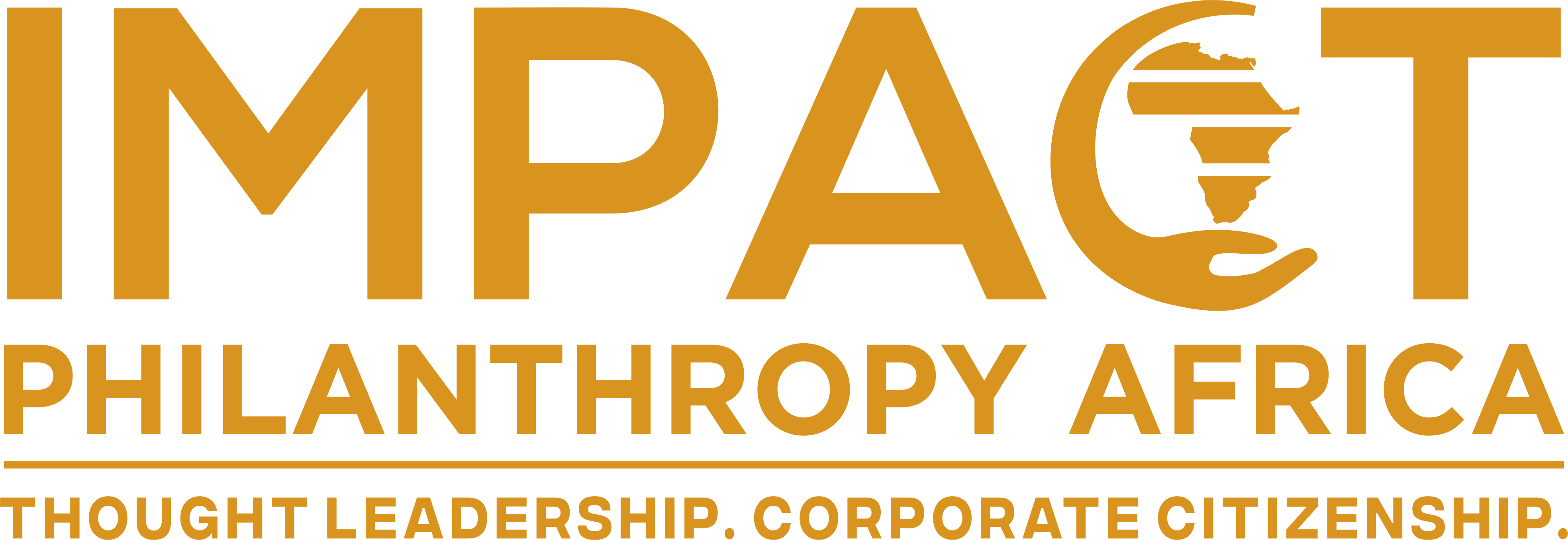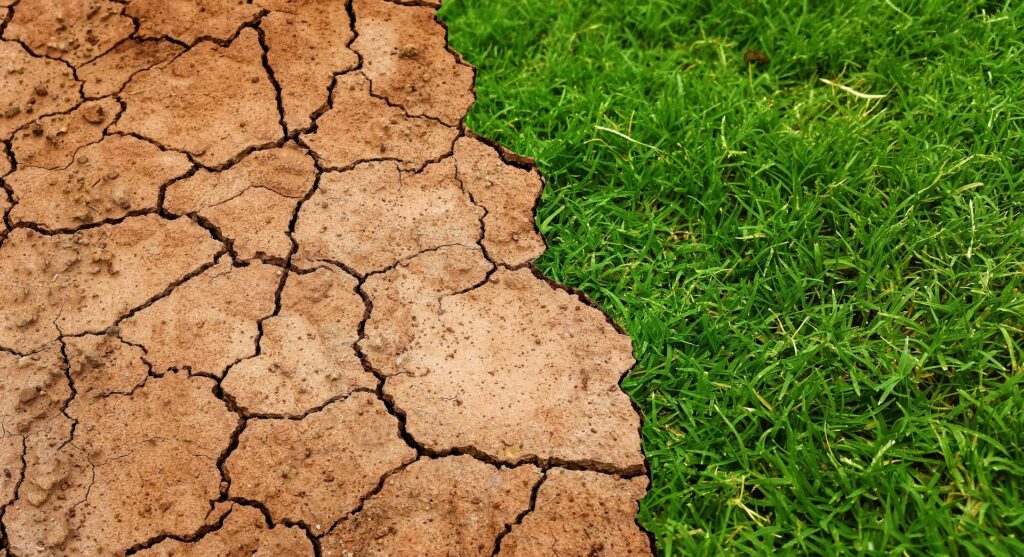By Impact Philanthropy Africa
African temperatures in recent decades have been warming at a rate comparable to that of most other continents, and thus somewhat faster than global mean surface temperature. The latest decadal predictions, covering the five-year period from 2020 to 2024, shows continued warming and decreasing rainfall especially over North and Southern Africa, and increased rainfall over the Sahel.
Climate change refers to long-term shifts in temperatures and weather patterns that can affect our health, ability to grow food, housing, safety, and work.Africa’s contribution to the changing global climate is negligible while the people of the continent are most vulnerable to the effects of climate change occasioned by the low socioeconomic growth within the continent.
The effects of climate change within the African context have led to unprecedented food insecurity, land degradation, poverty, and destruction on our natural ecosystems.
Recent years have seen an increase in droughts, floods and heat waves that are likely to become more frequent and more severe. Agriculture has been seriously affected with the changing weather patterns leading to reduced productivity which in turn has affected overall health caused by an increased incidence of transmittable diseases and under-nutrition.

Hazards of greatest concern for the African Region.
Source: WMO analysis of the nationally determined contributions (NDCs) of 53 countries in Africa (Link to Original Chart)
The capacity of African communities to cope with the effects of climate change on different economic sectors and human activities is expected to be significantly challenged, and potentially overwhelmed, by the magnitude, and rapidity of onset, of the impacts such as those illustrated above.
In the future, how well we deal with these rising challenges will be determined by the kind of funding that Africa receives from global organizations like the United Nations and other Philanthropic organizations. During the upcoming United Nations General Assembly that will be held in New York this September, we expect new policies and frameworks to be discussed to enable Africa to deal with our current reality. By also tracking our collective Nationally Determined Contribution (NDC’s) of the Sustainable Development Goals (SDG’s), we will be able to measure how far we have come and estimate how far we can go within the stipulated timelines.
The overall involvement of the youth and women in climate change action remains a key imperative that can shift the paradigm for Africa. With deep knowledge and expertise in sustainable resource management, innovative technology, and digital solutions these groups will play a significant role in designing solutions by Africans for Africans.
To reduce the magnitude of climate change impacts and their repercussions for African livelihoods, Philanthropic organizations will need to take up adaptation measures at different levels, from households to national and regional levels. These should be planned and implemented and need to be further supported and strengthened.

Research on climate mitigation received only 17% of funding while climate impacts and adaptation each received 40%. A greater proportion of Africa-focused climate funding has gone to social sciences and humanities (28%) than is the case globally (12%) (Overland et al., 2021). Data are from an analysis of 4,458,719 research grants in the Dimensions database with a combined value of USD 1.51 trillion awarded by 521 funding organizations globally (Overland et al. 2021). The Dimensions database is the world’s largest database on research funding flows (Overland et al. 2021). It draws on official data from all major funding organizations in the world, mainly government research councils or similar institutions. Note: The South African National Research Foundation is the only African research funding body that is sufficiently large to be included in Dimensions. (Source: 9 Africa Report – Link to original document
We have identified these key strategies that we believe Philanthropy plays an important role in.
- The development of early-warning systems for floods, droughts, or fires to help populations anticipate and prepare for the occurrence of extreme events.
- Supporting Governments at all levels in establishing, implementing, and strengthening the necessary processes, institutions, laws, policies, and programmes to achieve sustainable development.
- Supporting initiatives in freshwater ecosystem management, driving sustainable biodiversity, and preventing land degradation.
- Supporting governments to drive initiatives that reduce poverty and protect the environment.
- Working with other international organizations to improve identification and assessment of disaster risks and mitigating man-made disasters.

